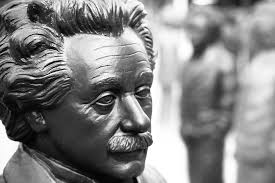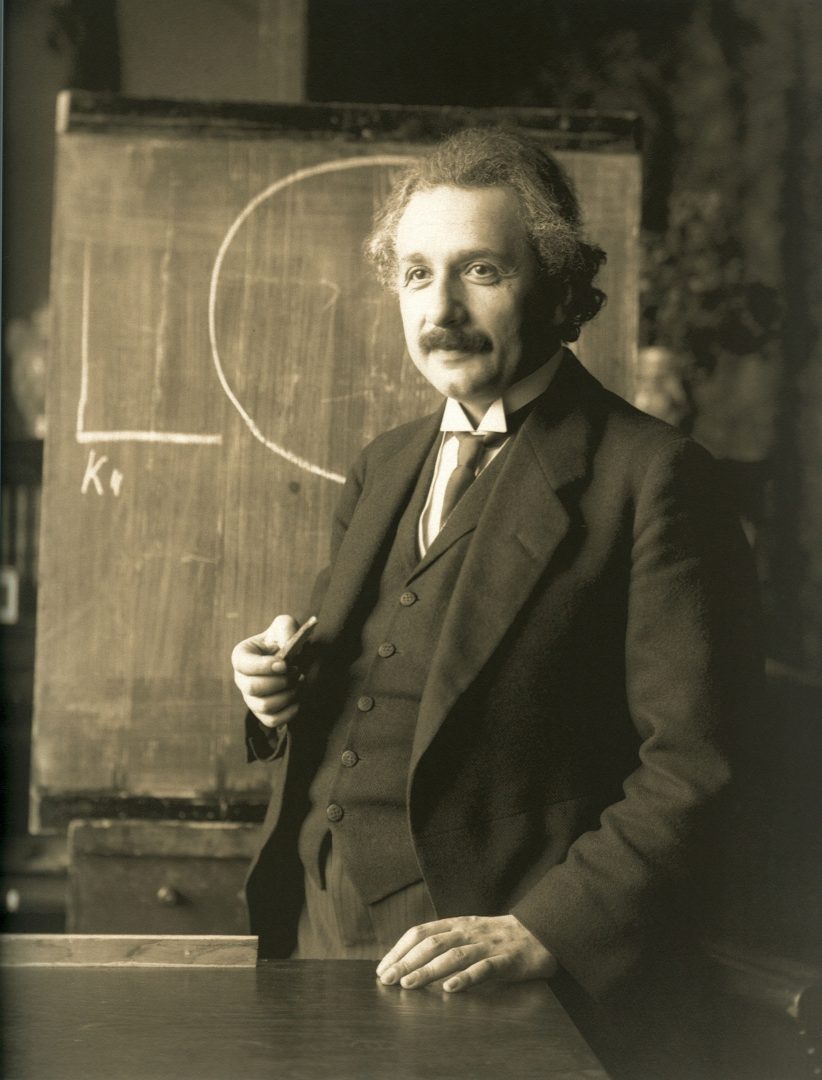By common definition, an atheist rejects all forms of religion and denies outright the existence of God. If this definition is used to weigh Albert Einstein’s belief in God or Religion, then the title of this article is clearly a misnomer. Indeed, Einsteins own words refute any allegation of his being an atheist: “I believe in Spinoza’s God who reveals himself in the orderly harmony of what exists, not in a God who concerns himself with fates and actions of human beings” (New York Times, April 25, 1929). And with respect to religion he offered: “I am a deeply religious nonbeliever. This is a somewhat new kind of religion.”(letter to Hans Muehsam, March 30, 1954)
This is not to say that within the context of the major forms of theism, that proponents of a given belief may define Einstein’s belief as atheist, with respect to there particular version of Godism, but it is a context under which everyone would appear to be an atheist from someone else’s perspective. And in this context too, Albert Einstein could be considered an atheist, but not very likely in any other.
There can be know doubt, that from the age of about twelve onward, Einstein divorced himself from any of the tenements of Judaism. He was nether impressed by accounts of miraculous happening attributed to Jesus and eluded to such biblical assertions as “poetically embellished. ” On the other hand, he would have been quite comfortable with the humanist teachings of Jesus.

While the word atheist should not be used in any proper assessment of this man, the characterization of Albert Einstein as an agnostic would be totally appropriate. After all, he was a scientist and demanded proof, not being willing to accept anything on a faithful basis. He clearly did not believe in the existence of any supernatural manifestations: “Scientific research is based on the idea that everything that takes place is determined by laws of nature, and therefore this holds for the action of people. For this reason, a research scientist will hardly be inclined to believe that events could be influenced by a prayer, i.e. by a wish addressed to a supernatural Being.” from “Albert Einstein the Human Side,” Helen Dukas and Banesh Hoffman, eds., Princeton, New Jersey: Princeton University Press, 1981, p. 32.
Atheist profile: Albert Einstein
In any fair characterization of Albert Einstein from a religious perspective, the humanist principles to which he subscribed, his stance of pacifism, and his rebuke of anti-Semitism give testament to his moral fiber and conscientious status. If Albert was wrong, and he was about a few things, and there is a God who furnishes an eternal existence beyond the mortal realm, then Albert Einstein by virtue of the content of this mans character is likely in residency there. But that is this authors opinion, for what it is worth.





